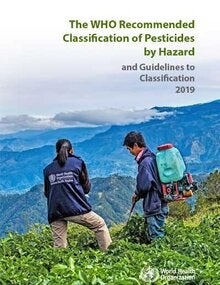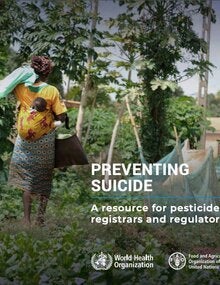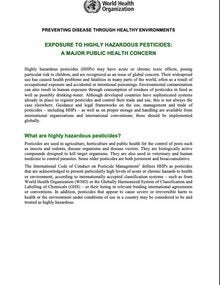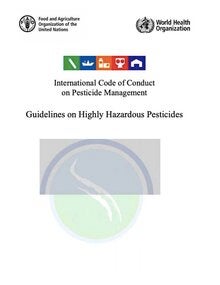Highly hazardous pesticides may have acute and/or chronic toxic effects, posing particular risk to children, and are recognized as an issue of global concern. Their widespread use has caused health problems and fatalities in many parts of the world, often as a result of occupational exposure and accidental or intentional poisonings.
Available data are too limited to estimate the overall global health impacts of pesticides; however, the global impact of self-poisoning (suicides) from preventable pesticide ingestion was estimated to amount to 155,488 deaths and 7,362,493 Disability Adjusted Life Years (DALYs) in 2016. Studies have shown that introduction of regulations to ban the use of HHPs has saved lives.
The greatest exposure to highly hazardous pesticides is for agricultural and public health workers during handling, dilution, mixing and application. The general population may be exposed through consumption of residues of pesticides in food and, possibly, drinking water.
Concerted effort is needed globally to address highly hazardous pesticides. To assist in mitigation of the risks associated with these substances, guidance and legal frameworks on the registration, labelling, use, management and trade of pesticides, as well as proper storage, handling and disposal, are available from international organizations and international conventions. This information has also been brought together in a Toolkit.






